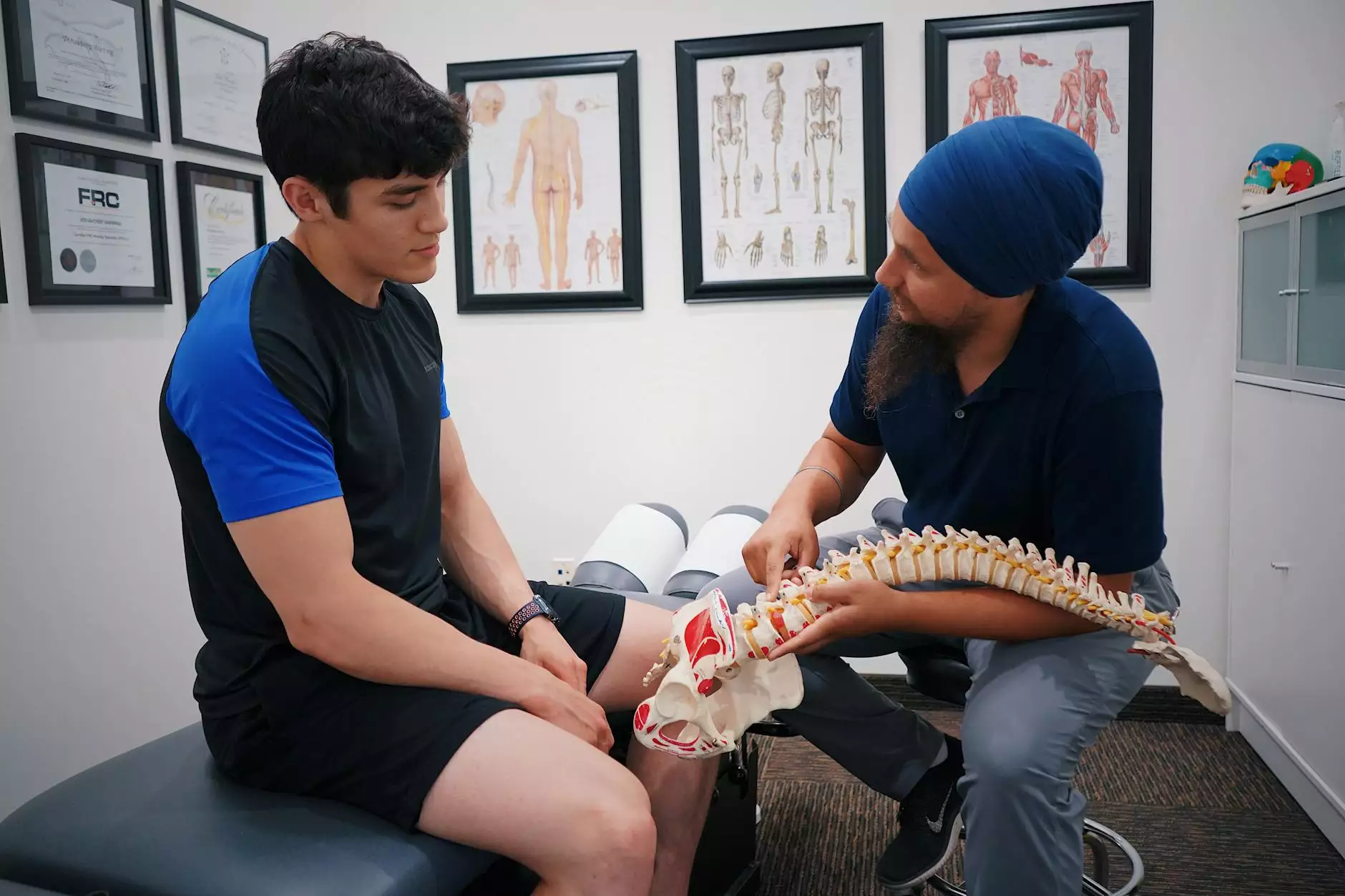Tummy Time for Optimal Baby Development

Welcome to Foley James D MD, your trusted source for valuable information and patient education. In this article, we will explore the topic of Tummy Time and its crucial role in your baby's development. We understand the significance of this milestone and aim to provide you with detailed insights and practical tips to help make your baby's Tummy Time enjoyable and beneficial.
What is Tummy Time?
Tummy Time refers to the period when your baby is placed on their stomach while awake and supervised. This simple activity plays a vital role in strengthening your baby's neck, shoulder, and back muscles. It also helps to promote optimal development and prevent issues such as flattened heads and delayed motor skills.
Why is Tummy Time Important?
Tummy Time offers a plethora of benefits for your baby's physical and cognitive development. Here are some key advantages:
- Developing Core Muscles: Tummy Time allows your baby to gradually strengthen their core muscles, which are essential for sitting, crawling, and walking.
- Enhancing Motor Skills: By lifting their head and pushing up with their arms, babies work on building their gross motor skills, which are important for reaching milestones like rolling over and eventually crawling.
- Preventing Flat Head Syndrome: Regular Tummy Time can help prevent flat head syndrome by encouraging your baby to shift their head positions and prevent constant pressure on the same spot.
- Visual and Sensory Stimulation: While on their stomach, babies can explore their surroundings, develop visual tracking skills, and engage with toys or objects around them.
- Promoting Bonding and Interaction: Spending quality time with your baby during Tummy Time strengthens the bond between you and your little one and provides opportunities for social and emotional development.
Tips for Effective Tummy Time
Now that we understand the importance of Tummy Time, let's delve into some useful tips to ensure a positive experience for both you and your baby:
- Start Early: Begin Tummy Time with your newborn as soon as you feel comfortable, ideally within the first few weeks after birth.
- Choose the Right Time: Pick a time when your baby is awake and content to maximize their engagement during Tummy Time. Avoid doing it immediately after feeding.
- Provide Adequate Supervision: Always stay close to your baby and provide supervision to ensure their safety. Use a comfortable and clean surface, such as a play mat, on which they can lie down.
- Make it Fun: Incorporate engaging toys, rattles, or mirrors to capture your baby's attention and make Tummy Time enjoyable. You can also join them, interacting and encouraging their movements.
- Gradually Increase Duration: Begin with short Tummy Time sessions of 1-2 minutes a few times a day, gradually adding more time as your baby becomes comfortable. Aim for a minimum of 30 minutes spread throughout the day.
- Use Distraction Techniques: If your baby initially finds Tummy Time challenging, try using distraction techniques like gentle singing, talking, or playing soft music to keep them entertained and engaged.
- Vary Positions: Experiment with different positions, such as propping your baby up on their elbows or placing a rolled-up towel beneath their chest to provide additional support.
- Encourage Interaction: Talk, sing, and make eye contact with your baby during Tummy Time to promote their cognitive development and nurture your bond.
Monitoring Your Baby's Progress
As your baby grows, you will notice remarkable progress during Tummy Time. Here are a few signs that indicate their development is on track:
- Lifting Their Head: Initially, your baby may only be able to lift their head slightly. Over time, they will become stronger and able to raise it higher.
- Pushing Up with Arms: As your baby gains strength, they will begin to push up with their arms and engage in mini push-ups.
- Rolling Over: Successful Tummy Time can eventually lead to rolling over from the stomach to the back or vice versa.
- Reaching for Toys: Your baby will start to reach out and grasp toys or objects within their reach, enhancing their coordination and motor skills.
Remember, every baby develops at their own pace, so don't worry if they reach these milestones at slightly different times. However, if you have concerns about your baby's development, it is always best to consult with your healthcare provider.
Conclusion
Tummy Time plays a vital role in your baby's development, offering numerous benefits to their physical, cognitive, and emotional well-being. By incorporating regular Tummy Time sessions into your daily routine, following the tips mentioned above, and monitoring your baby's progress, you can provide them with a strong foundation for achieving important developmental milestones. At Foley James D MD, we encourage you to make Tummy Time an enjoyable and integral part of your baby's growth journey.
For further guidance and personalized advice, please reach out to our dedicated healthcare professionals. We are committed to supporting you and your baby every step of the way.










